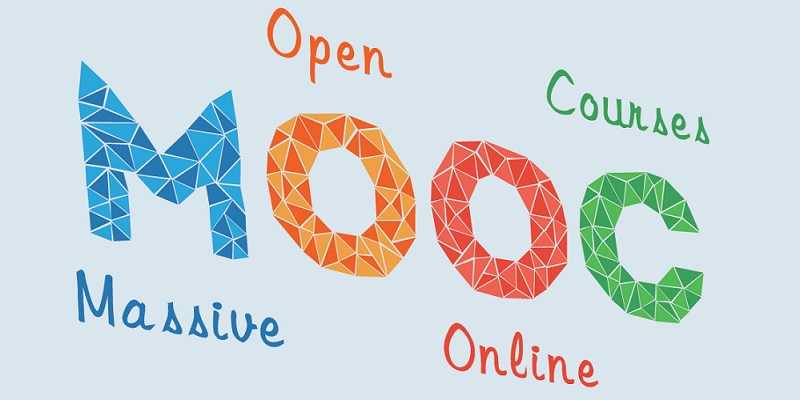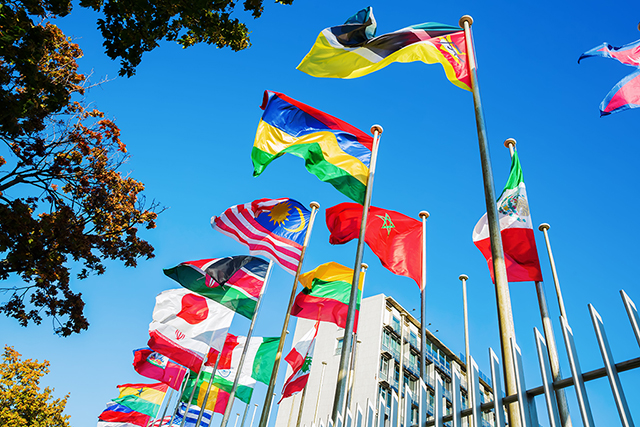Targeting a better world: APMED2030 puts region on path to achieving SDG 4.7
Unwieldy, challenging to interpret and implement, but essential for peaceful, sustainable development – Sustainable Development Goal (SDG) 4 Target 7 puts people first in the global education agenda. It is broad because it speaks to human life in multiple dimensions: social, economic, political, civil, cultural and environmental. And now Member States have endorsed a series of recommendations to make its humanistic vision a reality in Asia-Pacific education.
The 3rd Asia-Pacific Meeting on Education 2030 (APMED2030) has concluded with a set of “Regional Recommendations for Action on SDG 4.7” – concrete steps to bridge the gap between policy and practice when it comes to mainstreaming this critical goal in the region’s education system. The event also gave several countries the opportunity to work on, and in some cases finalize, their national action plans for the implementation of SDG 4.7.
The Regional Recommendations drafted over the course of APMED2030 cover actions in four key areas: curriculum and learning materials; teaching and learning (teacher training/pedagogy); learning assessments; and monitoring. More than 200 participants, including representatives from education ministries, CSOs, academics and international organizations, took part in the meeting from 4-7 July in Bangkok.
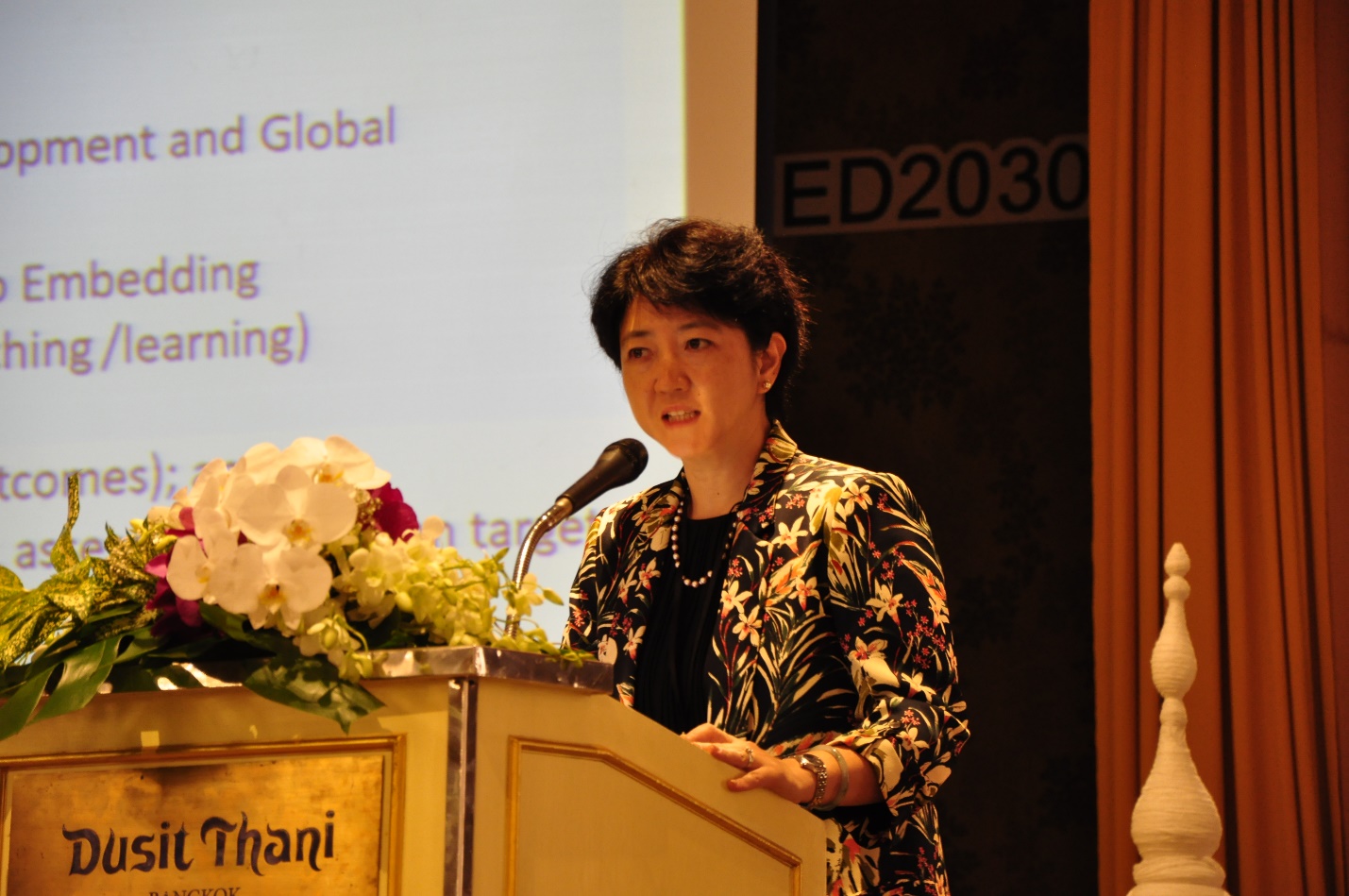
Opening the event, Maki Hayashikawa, Chief of UNESCO Bangkok’s Inclusive Quality Education (IQE) Section, underscored how SDG 4.7 links education directly to the wider Agenda for Sustainable Development. “SDG4-Education 2030 calls for a humanistic vision of education and development based on human rights, dignity, social justice, inclusion, protection, diversity and shared responsibility and accountability – all of which are captured in one single target – SDG 4.7,” she said. “That is very ambitious to say the least.”
Ms Hayashikawa noted how the scope of SDG 4.7 has made it challenging for Member States to interpret and implement in an integrated manner. “Countries in this region do talk about global citizenship, environmental sustainability, climate change, gender equality, health and wellbeing,” she said. “But they may not be packaged in a way that help us to associate them with target 4.7 and operationalize 4.7. that while many of the aspects of SDG 4.7.”
The third APMED2030 meeting aimed to untangle some of the complexities surrounding both the concepts of SDG4.7 and how it can be mainstreamed into education systems.
Karin Hulshof, UNICEF Regional Director for East Asia and the Pacific, also highlighted the need for SDG 4.7 to be "translated into a reality for every child”.
"Arguably this is the most complex [target] in SDG4… Stretching conventional bounds as they do, [SDG 4.7’s areas of focus] are difficult to define and to operationalize and monitor,” she said, citing UNESCO Institute for Statistics information which shows that only 20% of the indicators for SDG 4.7 are available in Asia-Pacific.
“We come together to ensure that SDG 4.7 is better understood and progressively well operationalized in Asia and the Pacific,” she said. “To do so, we need to know where we stand now, what is possible and can be done, what would work and how we can scale that up.”
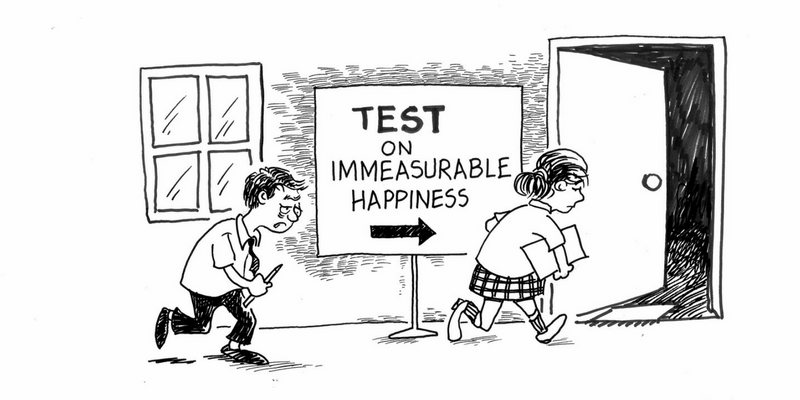
SDG 4.7 offers an opportunity for Member States throughout the region to rethink the fundamental purpose of their education systems, said Anantha Kumar Duraiappah, the Director of UNESCO's Mahatma Gandhi Institute of Education for Peace and Sustainable Development (MGIEP).
“Is the education system we have now adequate to address 21st Century global problems we face today? Is the human capital approach to education sustainable? Do we need more?” he asked. “SDG 4.7 calls for something more.”
The target points to a fundamental shift from an individualist, utilitarian perspective to focus on societal well-being, he said – a transformative shift in education that can only be realized by equally substantive changes in the way we teach and learn.
Curricula and textbooks were identified as one of the key points of action by APMED participants. To this end, MGIEP launched their latest publication, “Textbooks for Sustainable Development: A Guide to Embedding” at APMED2030. Four of the guide’s authors delivered TED-style talks on how sustainable development can be embedded in core subjects such as mathematics, science, geography and language.
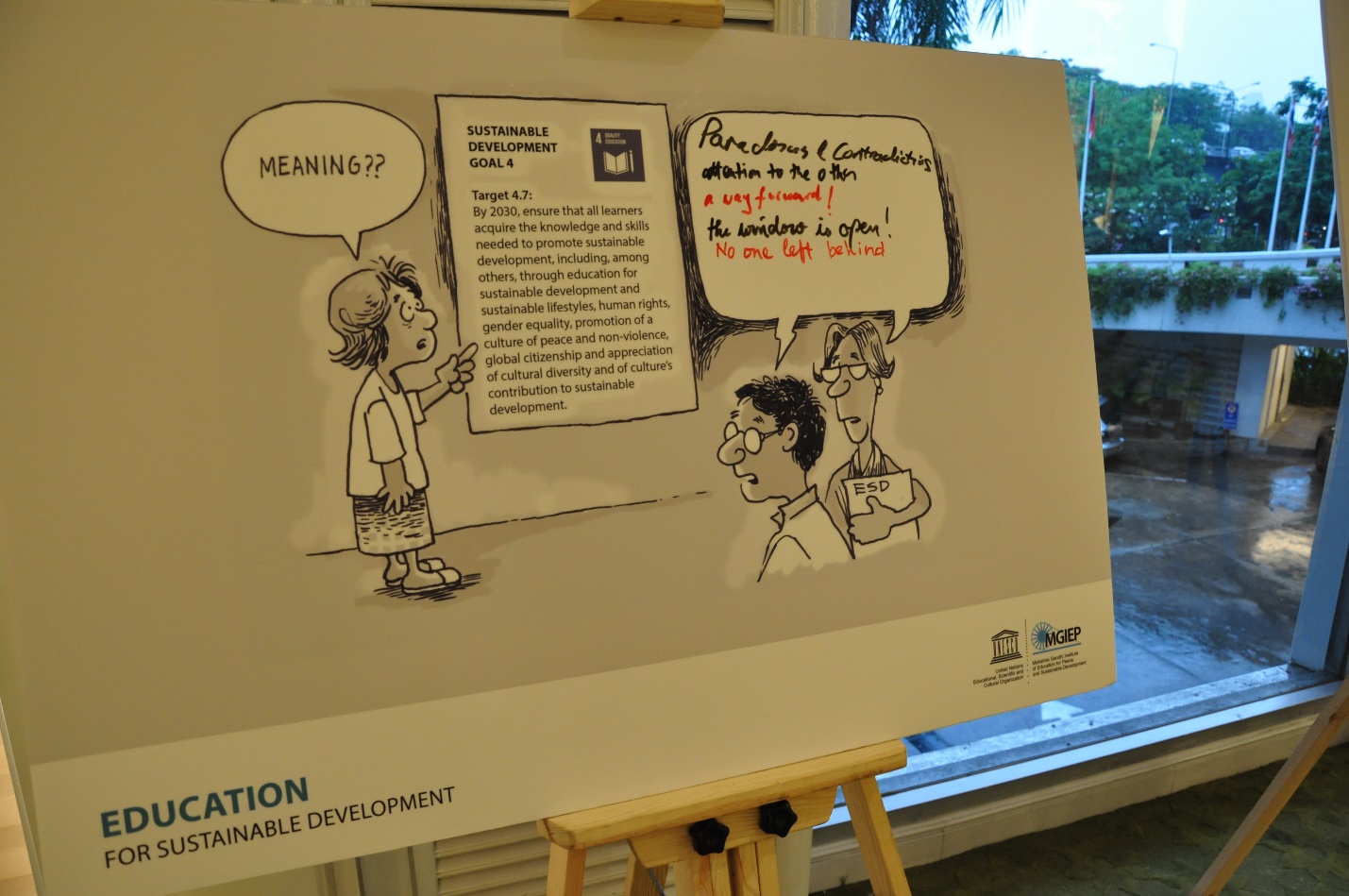
Dr Watanaporn Ra-Ngubtook, Secretary-General, of the Thai National Commission for UNESCO, spoke of the “increasingly apparent need” to pursue sustainable growth. “Such growth must be driven by citizens who will lead the prosperous future of the nation,” she said. “It is crucial that in this challenging world, for all citizens to be educated with a view to ensuring the realization of their full potential to participate in active life as responsible citizens."
Mr. Yosuke Kobayashi, Deputy Secretary-General of the Japanese National Commission for UNESCO, said going forward it would be “crucial to have a concrete vision on how each target should be implemented within the context of each country.”
“I have confidence this meeting will be an excellent opportunity to gain important inputs in developing a national action plan to implement target 4.7 through discussion and exchange of ideas," he said.
APMED2030 was supported by the governments of Japan and China.

